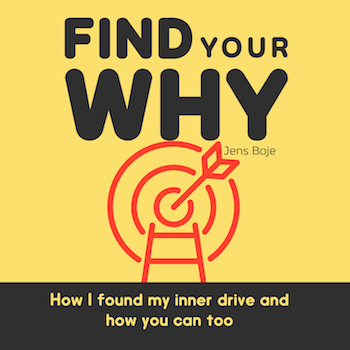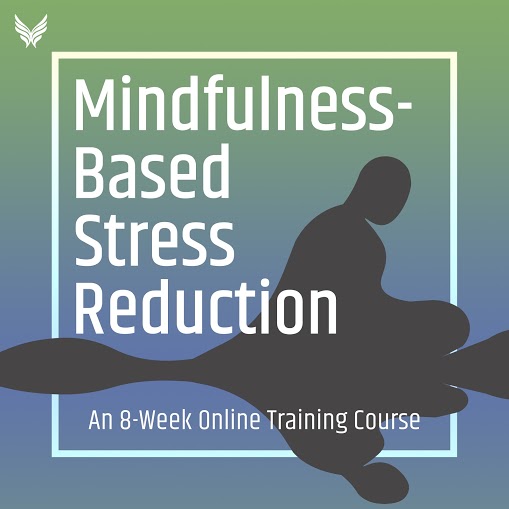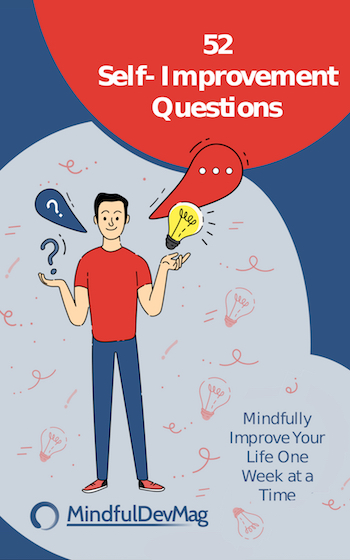Is There A Way To Find The Cause Of Procrastination And Overcome It?
That question was asked by a reader after we had a little chat about his problem with procrastination. And I thought my answer might help more of you, so it is today’s topic. Before we start, we use it as a quick reminder that you can always send in questions. We’ll try to answer them.
Nw, let’s get started with today’s topic - procrastination.
He told me that “For a very long time, I am facing the problem of overthinking and procrastination. I find it challenging to stay in the present…” and my response was that I came to the conclusion that procrastination is only a symptom and that one has to fix the causes. Fixing symptoms might work shortly in medicine, but even there, one needs to fix the root cause.
I observed that when I and others procrastinate, it wasn’t because they could not focus or stay in the present. Nope, there were other obstacles in the way, and as a result, we did procrastinate. When I asked questions and dug deeper into what’s happening inside the person, I found a few common themes.
Fear
Be it fear of failure, imposter syndrome, fear of success (yes, that is a thing), or any other. It’s the fear of what happens once you finished your work and put it out. See, procrastination is often a thing when people publish on their blog, publish books, or submit homework or essays or whatever. There will be someone foreign who reads or watches and even gives you grades for the thing.
As a result, your fear is now holding you back to do the thing. This is good and bad at the same time. Fear helps us to stay alive and is an essential part of staying alive. On the other side, it can be totally adjusted wrong and mistakes simple things like posting a blog article as a threat to our health.
Others see your work. They might like it. Or not. They will definitely judge your work. And here is the key, they judge your work and not you because you are not your work.
Self-doubt and self-esteem
It’s like fear but slightly different. The main issue seems to be here is the judgment you’ll get from others. Or the lack of, which can be as cruel.
Take, for example, you’ve published an awesome article about your favorite topic, and nobody reads it. Nobody is commenting on it. Getting a bad comment is better than that. Now you at least sparked a response from someone. This person cared enough about your work that caused a reaction. You can work with that.
Once you went through several of those issues, your self-doubt will skyrocket, and your self-esteem gets a hit by Hulk.
Yes, healthy people will judge your work with their subjectivity. But you are not your work. Two different things. And their judgment is from their point of view, which can be totally off or even false anyways.
Creatives learn at some stage to let loose their work, so they do not get this attachment. You can do it too.
Uncertainty
Something is missing for completing your task. This can be directly related to the task or the bigger picture it is part of. For example, I’ve been pushing the planned membership program for a while now. I did not create the platform, add the courses, and so on. Until I stopped and did what one should do in those moments. Gather information and data on what’s missing until it is clear.
Open questions are lurking in the back of our minds. They need answers. So, let’s collect and analyze information until our answer is good enough to move forward. Which can happen surprisingly fast.
Lack of goal/reason
This is a massive cause of procrastination. When you lack a compelling reason or goal in mind, resistance is futile, as the borgs say. You’ll submit to procrastination. Never get anything done and get into the downward spiral of negative thinking. You’ll start doubting yourself, getting angry why you can’t do sh!t and more.
The problem is not your discipline or self-control, nope there is a reason missing. A real, compelling reason. One compelling to you! Not to me, your dad or mother, your friends, or society. Nope, only to you.
Once you find yours, the rest gets much easier. Btw this is the reason why the big picture/reason thing is the first exercise in our Regain Your Focus program. Without a compelling reason, you fight a losing battle. Essentially you don’t have a reason to fight at all. So why fight?
But once you have your reason, you have the will to work towards it. Even when it means doing things you don’t like. But now you know why you are doing it. That’s the key.
Got a long mail, so let’s wrap it up for today.
When you notice you procrastinate, look behind to find the cause. Use this list as a guide and work on removing the cause. Then the symptoms swindles and you can get sh!t done.
If you want to find your big picture and improve your focus, the Regain Your Focus program might be right for you.







